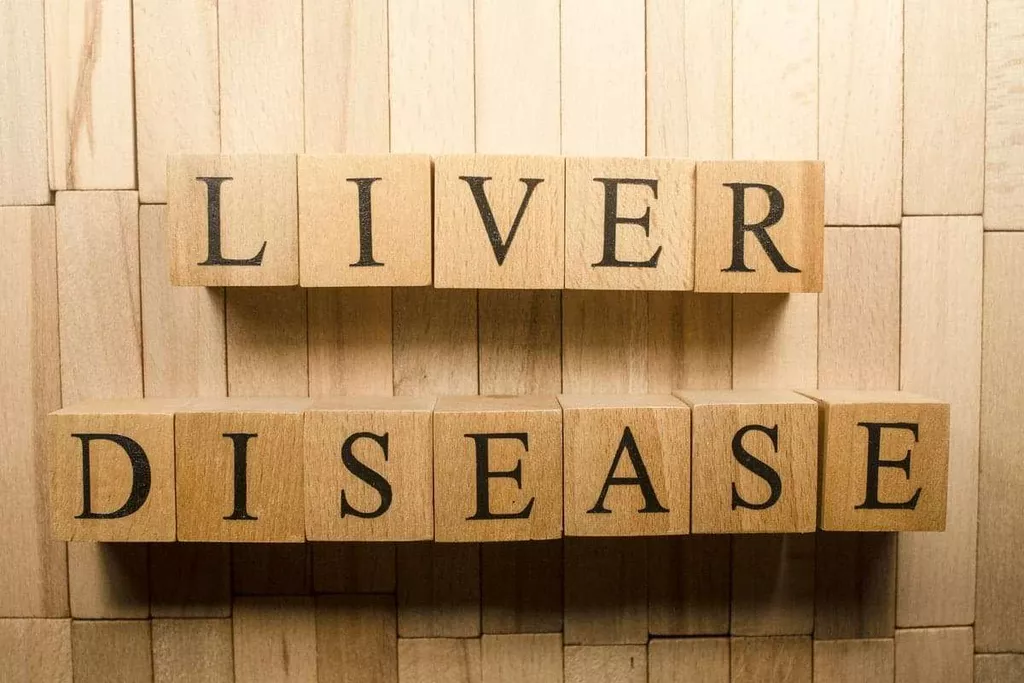
Occasional alcohol-related dehydration tends to manifest in symptoms commonly known as a hangover and can typically be managed without medical attention. According to the Society for Endocrinology, ADH is produced and released by the pituitary gland. It’s the reason why you can usually sleep through the night without having to urinate.

What’s the Least Dehydrating Alcohol?
- Through tailored alcohol addiction treatment plans, individuals receive support for both physical healing and emotional recovery.
- Even short-term heavy drinking can lead to the accumulation of fat in liver cells, known as alcohol-fatty liver disease.
- This can contribute to dehydration if you don’t replenish the lost fluids by drinking water or other hydrating beverages.
- So, double check your intermediates when you’re working through the mechanism.
When its processed by enzymes in the liver, alcohol is converted into a large amount of acetaldehyde. In order to break this substance down and remove it from the body, alcohol dehydrates your liver does most of the work of turning it into acetate. So what can you do to make sure you don’t get that infamous hangover headache caused by dehydration? Let’s find out and get a little background on why alcohol dehydrates you in the first place.
Can You Freeze Dry Beer for Long-Term Storage and Outdoor Adventures?

Other lifestyle factors, such as exercise, climate, and medication use, can also impact alcohol’s dehydrating effects. When the body is dehydrated, the skin can become dry, flaky, and itchy. Over time, this can lead to premature aging of the skin, resulting in fine lines and wrinkles. Hangovers can be incredibly debilitating and can cause a range of symptoms, including nausea, vomiting, and sensitivity to light and sound. The severity of a hangover can vary depending on a number of factors, including the amount of alcohol consumed, the individual’s tolerance to alcohol, and the presence of alcoholism treatment other substances in the body.
Exploring the Main Aspects of Dehydration of Alcohol
- The alcohol and the acid catalyst come together to form a protonated alcohol.
- “The higher the alcohol content a drink has (or is absorbed in your body), the greater the diuretic and dehydration effect.”
- Breaking free from the cycle of alcohol dehydration and addiction is challenging, but with the right support, it’s achievable.
- But just because a drink has a lower ABV (alcohol by volume), it doesn’t mean you have carte blanche to pound beers all night.
- This hormone helps the kidneys manage the amount of water in the body.
- When the hypothalamus is impaired, it may not respond appropriately to changes in temperature, making it harder for the body to cool down when necessary.
In summary, understanding how much alcohol dehydrates you involves recognizing its diuretic properties and their implications for hydration levels within your body. The type of beverage consumed plays a vital role in determining its dehydrating potential—spirits being particularly impactful due to their high alcohol content. The type of alcohol consumed significantly impacts hydration levels. Spirits generally have a higher alcohol content than beer or cider, leading to more pronounced dehydrating effects.

Can you stay ahead of dehydration while drinking alcohol?
Dehydration can increase the risk of heat stroke, especially when combined with exposure to hot and humid environments, such as in a crowded bar or nightclub. For the men reading this, you might also be interested to learn about alcohol’s effect on testosterone levels. But just because a drink has a lower ABV (alcohol by volume), it doesn’t mean you have carte blanche to pound beers all night. Let me illustrate the anti-periplanar limitation with an example. For instance, in this reaction, the only hydrogen that would be available for the elimination is the one on the same carbon with the methyl group.